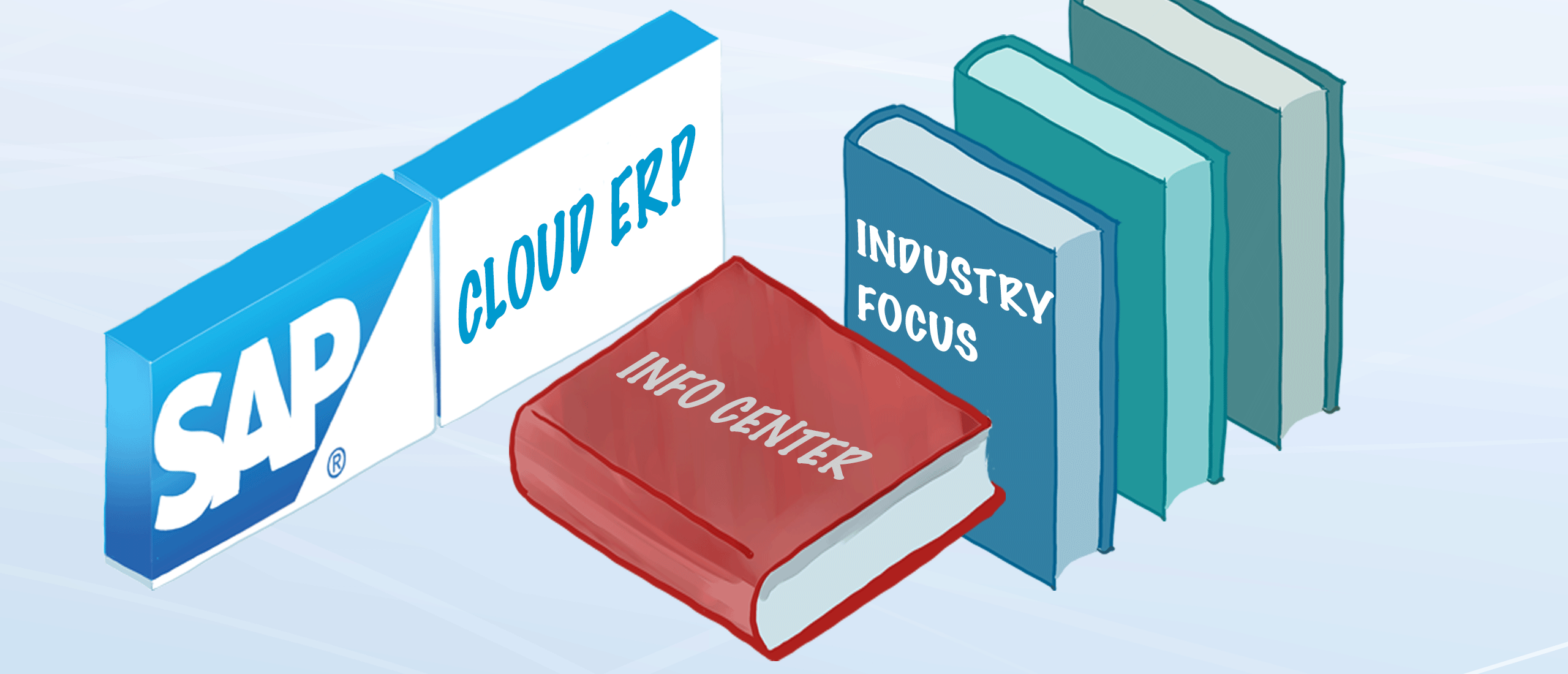
Holistic Steering & Reporting
SAP's holistic steering and reporting features are part of its comprehensive approach to sustainability, offering organizations the tools they need to manage and report on their sustainability efforts effectively. Below are the definitions and explanations of the key components mentioned in the SEO description:
SAP Cloud for Sustainable Enterprise
This is SAP's umbrella cloud-based offering that provides organizations with a comprehensive package of solutions. It is designed to help businesses gain insights into their sustainable performance and enable them to effectively record, report, and act on their sustainability goals. This platform supports organizations in their journey toward sustainability by facilitating the management of their environmental, social, and governance (ESG) data.
SAP Sustainability Control Tower (SCT)
The SAP Sustainability Control Tower is a flagship SAP Cloud for Sustainable Enterprise suite solution. It offers customers holistic steering and ESG reporting capabilities across the three main sustainability areas: climate action, circular economy, and social responsibility. The tool allows organizations to automate the data collection process using actual data instead of averages, improving the data's integrity and quality. It supports multiple reporting standards and frameworks, enabling businesses to comply with global sustainability reporting requirements.
Global Reporting Initiative (GRI)
The Global Reporting Initiative is an international independent standards organization that helps businesses, governments, and other organizations understand and communicate their impacts on climate change, human rights, and corruption. GRI standards are widely used for sustainability reporting across the globe.
Sustainability Accounting Standards Board (SASB)
The Sustainability Accounting Standards Board is a non-profit organization that develops and disseminates sustainability accounting standards to help public corporations disclose material, decision-useful information to investors. SASB standards are industry-specific and designed to be integrated into existing financial reporting.
Taskforce for Climate-Related Financial Disclosures (TCFD)
The Taskforce for Climate-Related Financial Disclosures develops voluntary, consistent climate-related financial risk disclosures for companies to provide information to investors, lenders, insurers, and other stakeholders. The TCFD framework helps organizations determine the material risks climate change poses to their business more effectively.
EU Taxonomy
The EU Taxonomy is a classification system establishing a list of environmentally sustainable economic activities. It provides companies, investors, and policymakers with definitions for which economic activities can be considered environmentally sustainable, aiding in the transition to a low-carbon economy.
By leveraging these definitions and features, organizations can better track, analyze, and report on their sustainability efforts, making more informed decisions contributing to their overall sustainability goals.